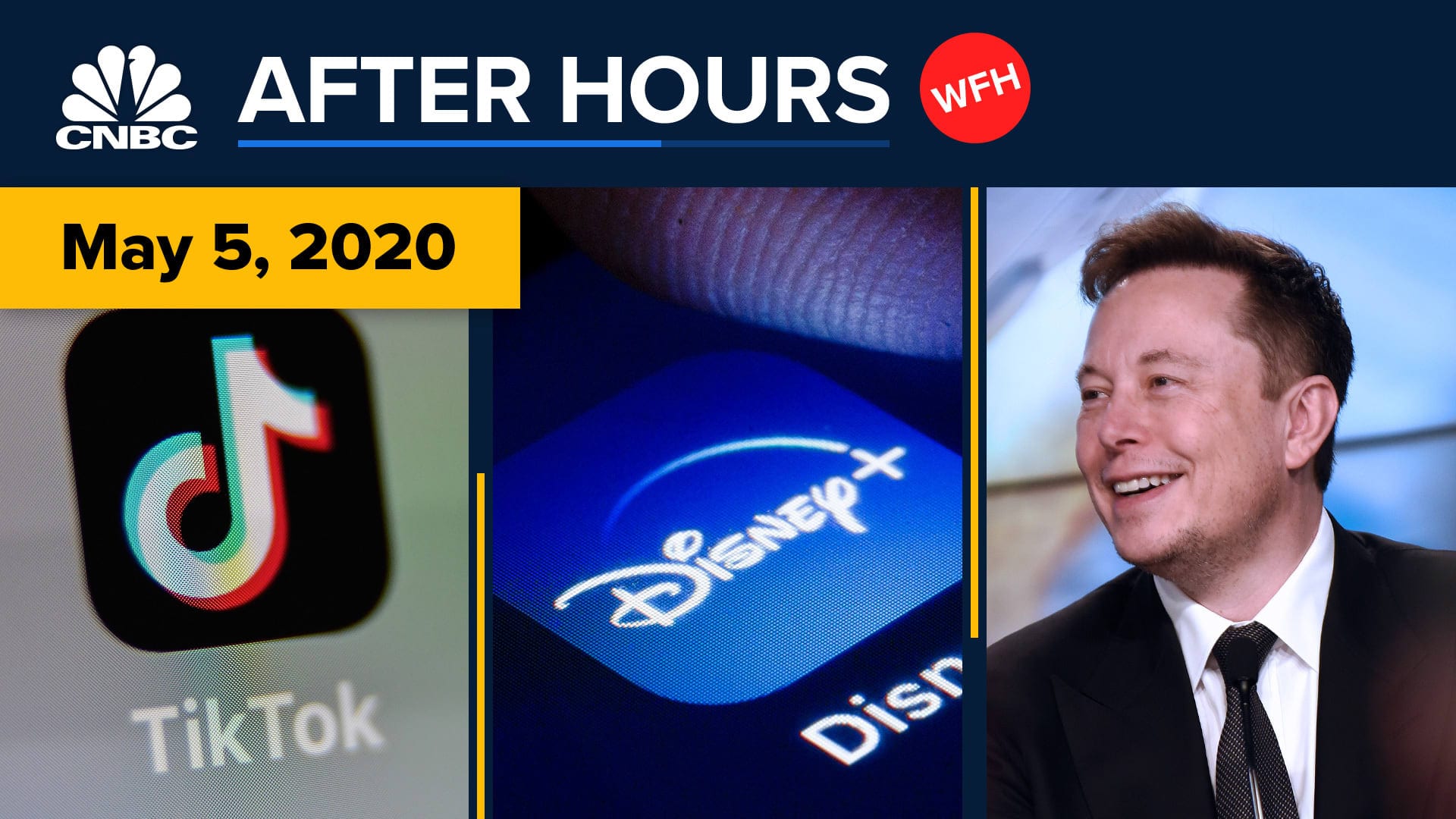[ad_1]
Junior’s Cheesecake owner Alan Rosen said Tuesday that the money the restaurant company has received through the Treasury Department’s small business loan program is not enough to immediately bring workers off furlough.
There is too much uncertainty about when the coronavirus pandemic will subside and when people will be comfortable to “sit shoulder to shoulder in our restaurants” again, Rosen said on CNBC’s “Power Lunch.”
“Until that time it would be, in my opinion, wasted money to start spending it. We have to wait until we have a very clear pathway to success,” said Rosen, whose grandfather founded Junior’s in Brooklyn, New York, in 1950.
The family owned business has grown now to three restaurants in New York City and a location in Connecticut. It also has a bakery outlet in Burlington, New Jersey, and an e-commerce business.
Rosen said he applied for loans separately for its four restaurant locations. The company furloughed 650 employees across its restaurants, which have been closed since March 16.
Junior’s has so far received $1.4 million, Rosen said, and is “probably about a day away” from receiving the remaining loans that will total $5.5 million.
Cheesecake sits for sale in the Bakery display counter of Junior’s restaurant.
Andrew Burton | Getty Images
The Payroll Protection Program was established by the $2 trillion economic stimulus measure signed into law in March by President Donald Trump. There was $350 billion set aside for the program initially, but Treasury Secretary Steven Mnuchin has indicated he is seeking more funding due to strong demand.
Loans made through the program can be forgiven if they are used to cover payroll, and certain other expenses such as rent, in the eight-week period after the loan is made, according to the Treasury Department.
Rosen said PPP loans are a “lifeline” for all small businesses. But it is particularly important for restaurants, which often are month-to-month businesses, he contended.
It is costly to restart a restaurant after being closed for weeks or months, Rosen said.
“Besides the human capital and the working capital required just to populate a kitchen with food, we’re like reopening again once we get the green light to do so,” he said.
But it’s not clear when that green light is going to arrive, Rosen said. If it takes until the end of June, the loan “would be wasted because we’d be closed after we used up that money,” he contended.
He said that is why he does not plan to immediately start using the loan to put furloughed workers back on the payroll.
“I am paying their medical insurance as we speak. I could take people off unemployment insurance today, not have the opportunity to reopen our businesses and run out of funds in 2½ months. Yes, that would be an option,” Rosen said.
“But as the CEO to an iconic New York business, I have an obligation to make sure that this business continues for another 70 years,” he added.















